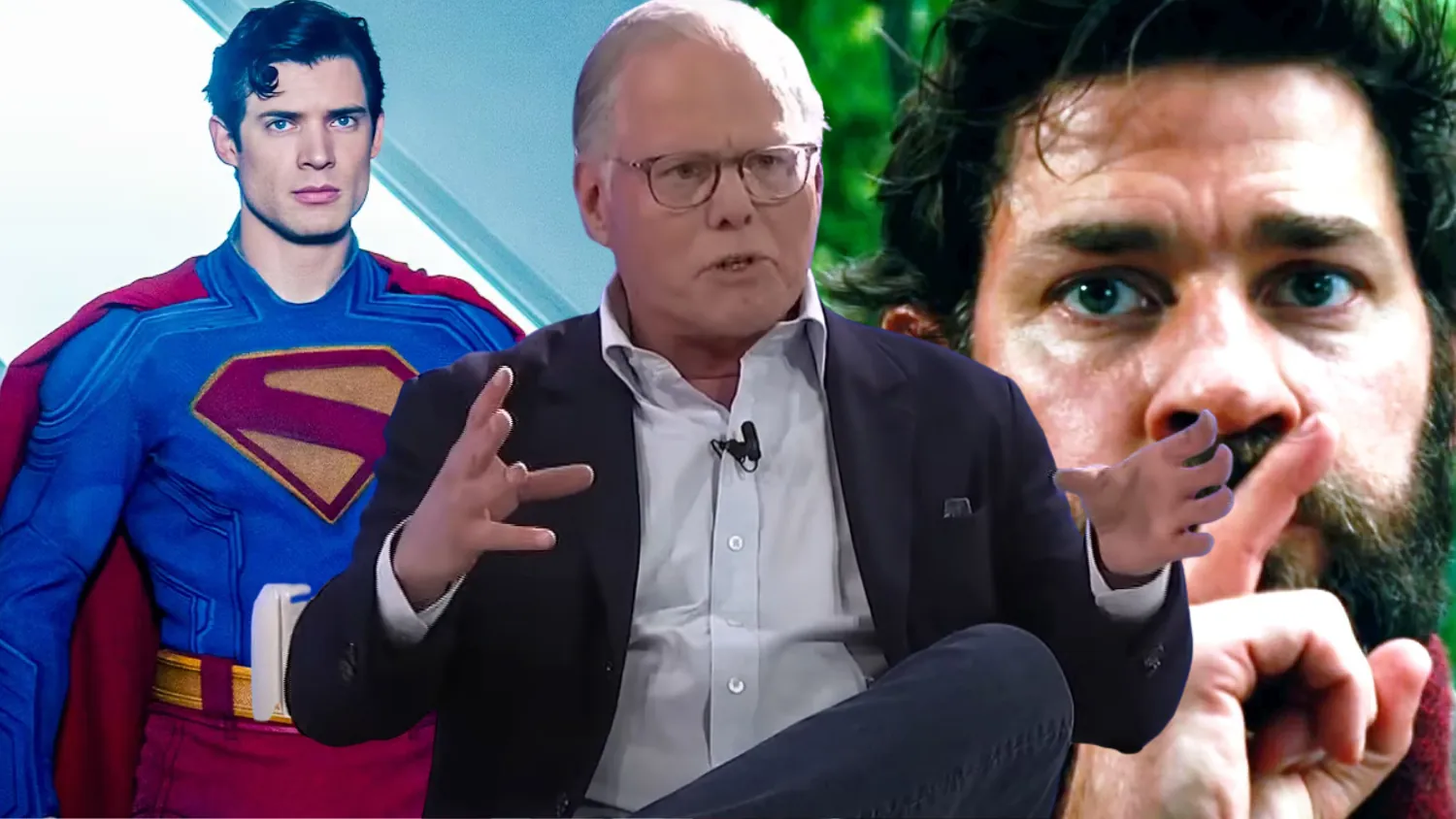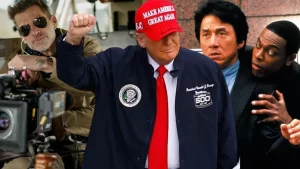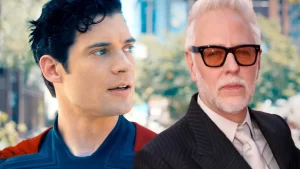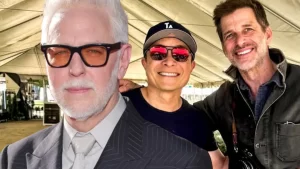Warner Bros. Discovery has rebuffed Paramount‑Skydance’s opening takeover approach, Bloomberg reports, rejecting the offer of about $20 per share as too low.
That move makes perfect sense given what we already know: Zaslav has been pushing the company’s stock higher (currently at $17.10) in advance of any sale, and he’s unlikely to accept a fire‑sale price.
As Deadline previously noted, the so-called “shadow offer” chatter had already bumped WBD’s shares toward $20. The idea is clear: any suitor has to pay up to play.
Update: WBD has rejected Paramount’s second higher bid.
$20 per stock is too low. Zaslav wants more. https://t.co/W2A8Agpcjw
— Cosmic Book News (@cosmicbooknews) October 12, 2025
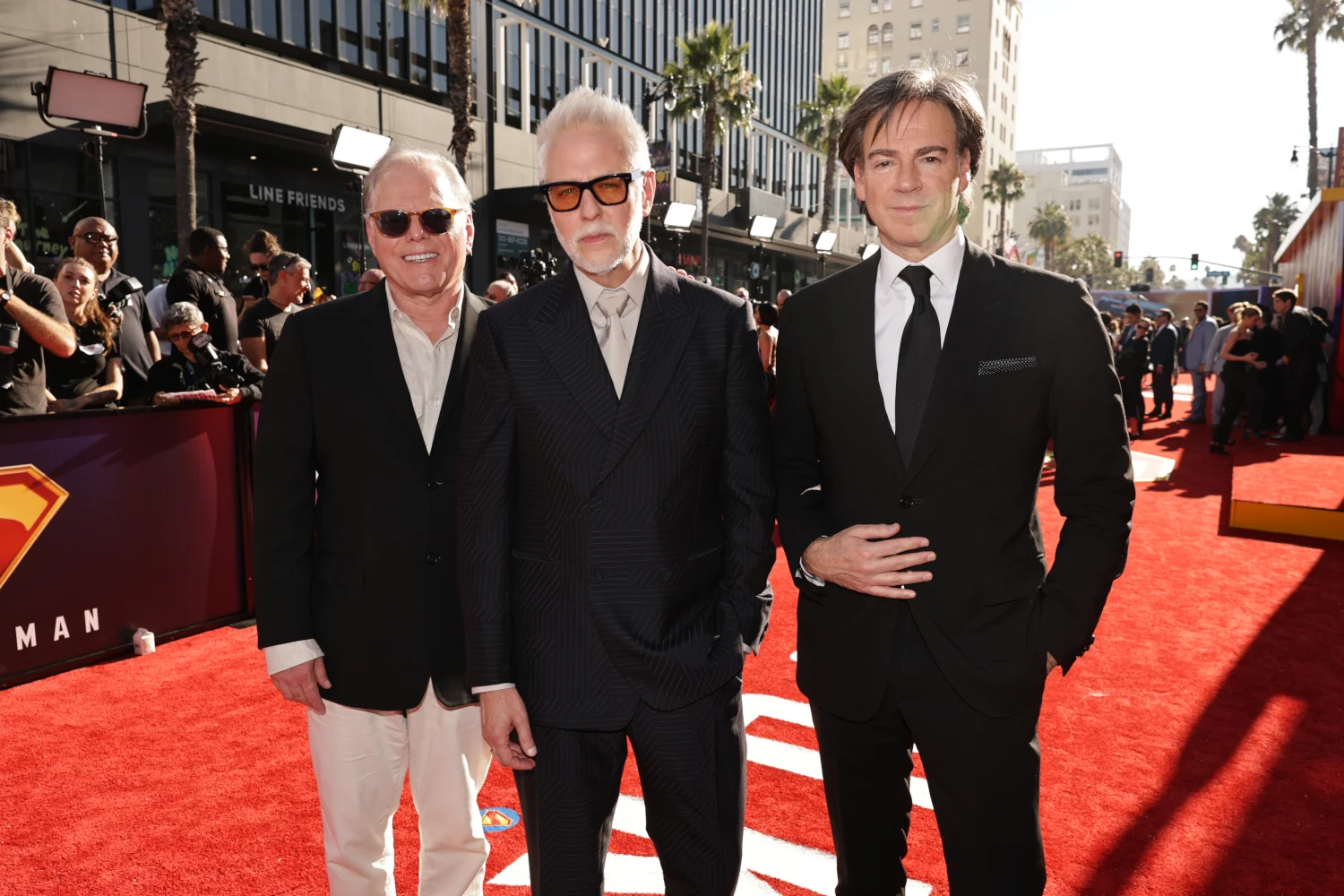
Zaslav Not Selling Cheap
Rejecting the $20‑a‑share bid aligns with Zaslav’s strategy from the start: he wants the full value he believes is in Warner Bros. Discovery’s assets — especially the studios, DC, and streaming divisions — not a cut‑rate deal. Zaslav has maneuvered over months to isolate the parts he intends to sell and strip away the risk, so the buyer pays for upside, not debt, confusion, or legacy liabilities.
But by doing so, he risks scaring off potential buyers who don’t want to go too deep. Netflix, for instance, has expressed skepticism about absorbing WBD’s linear networks, licensing burdens, and massive debt.

Paramount’s Move: Raise or Go to Shareholders
Sources tell Bloomberg that Skydance–Paramount is weighing its options: increasing its bid, pushing directly to Warner Bros. shareholders, or bringing in financial partners (rumors point to Apollo Global Management) to sweeten the offer. But unless they meet Zaslav’s expected price, Warner’s leadership may hold firm.
It’s unclear whether those informal pitch discussions have matured or if Paramount is just posturing. But rejecting the first bid is a signal: this won’t be a cheap, guy‑in‑a‑truck sale.
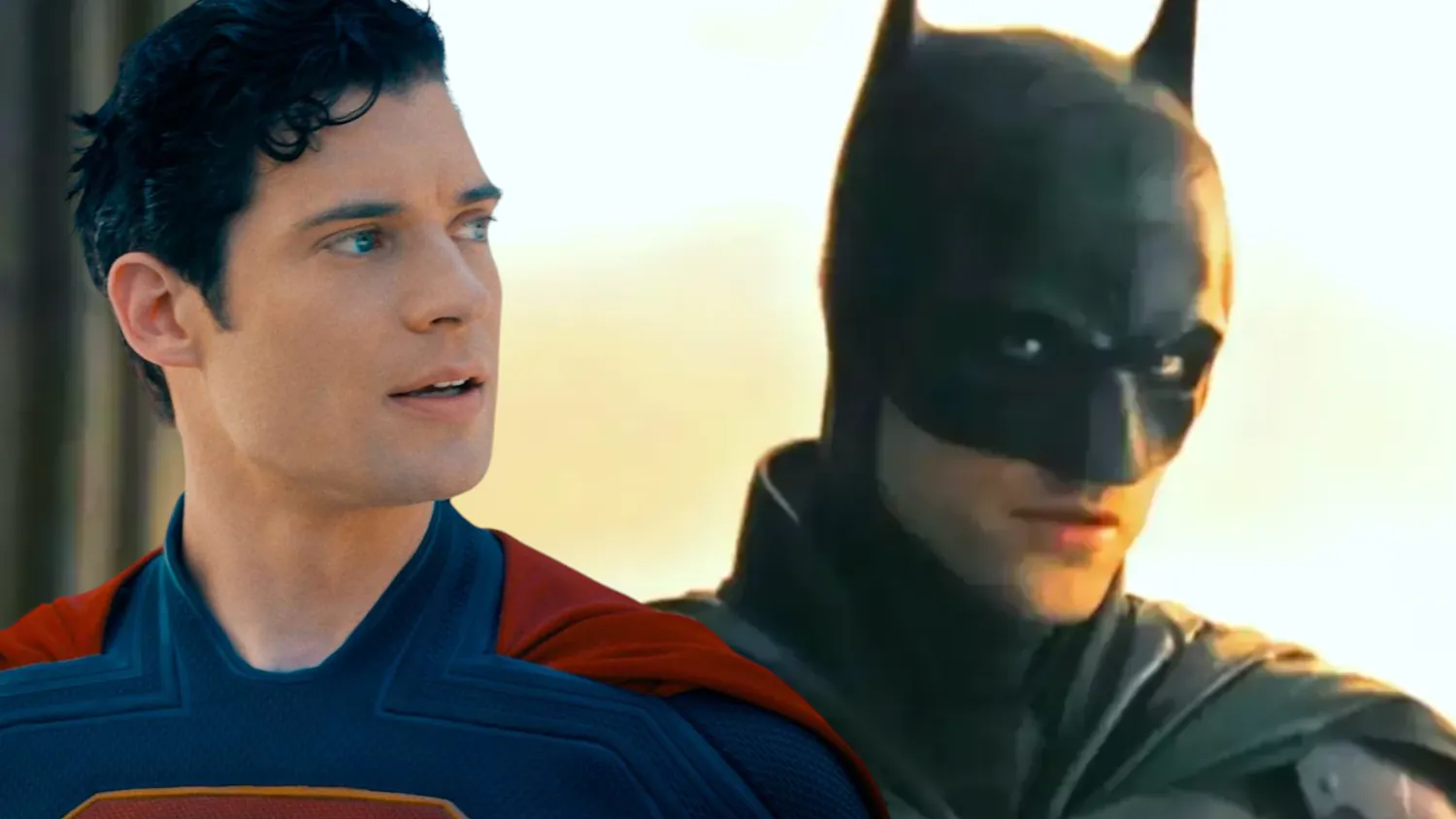
What It Means for the Sale Race
Raises the floor: Any next bid has to clear more than $20. Expect negotiation to start in the $25–$30 range or higher.
Narrows the field: Buyers unwilling to go deep (or swallow debt) may drop out.
Zaslav has leverage: The planned split of WBD—into “studios/streaming” vs. “networks”—gives Zaslav optionality. He can sell parts separately if full bids don’t hit his mark.

